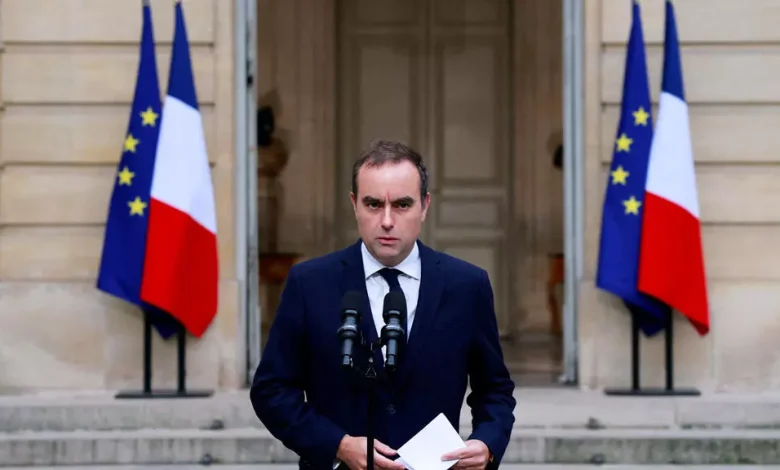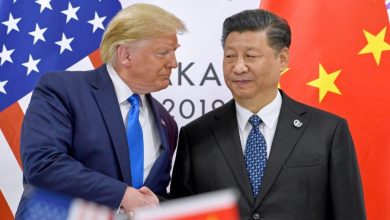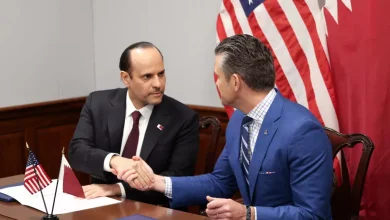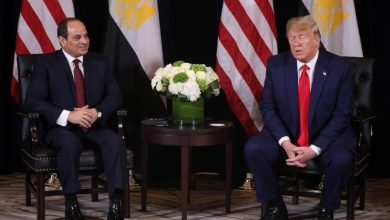
French President Emmanuel Macron has reappointed Sebastien Lecornu as prime minister, only four days after Lecornu originally resigned from the crucial position. Consequently, the newly tasked “Lecornu II” government now faces the difficult challenge of forming a stable coalition to secure passage of the essential 2026 national budget.
The presidential office formally announced the surprising decision late Friday evening following a lengthy, full day of intensive private talks with various major political party leaders. Immediately afterward, Lecornu announced his acceptance on X, stressing his sense of duty to serve the troubled nation. “I accept the mission entrusted to me by the President of the Republic to do everything possible to provide France with a budget and address our citizens’ daily concerns,” he emphasized. Furthermore, he insisted, “We must immediately end this harmful political crisis that exasperates the French people and severely damages the international image and economic interests of France.”
However, Macron risks deepening tensions with political rivals by choosing Lecornu again, with critics arguing that snap elections or the president’s resignation offer the only real solution to France’s deep crisis. Lecornu must present the budget to parliament by Monday’s strict deadline.
Budget Deadline Looms
Predictably, opposition parties, viewing the reappointment as unacceptable, have already publicly announced their intention to censure the new government immediately upon its formal presentation. Macron previously met mainstream leaders to build support for his choice. Crucially, he excluded the far-right National Rally and hard-left France Unbowed.
Leftist leaders expressed strong dismay after Macron confirmed he would not appoint one of their members. A government collapse now significantly raises the chance of a snap election, with many analysts believing this scenario would benefit the far right most substantially.
“We’re not seeking parliament’s dissolution, but we remain unafraid,” Socialist leader Olivier Faure stated firmly. France’s current turmoil stems largely from Macron’s risky snap election call last year. That gamble produced a deadlocked parliament with no working majority bloc.
The nation’s struggle to fix its finances requires painful budget cuts or tax hikes. Unfortunately, no party agrees on these necessary measures, deepening the national malaise. Without a budget agreement soon, emergency legislation might become essential for 2025.
Rivals Vow No-Confidence Motion
RN leader Jordan Bardella immediately demanded the new government’s removal following Lecornu’s return, labeling Macron’s decision an “isolated and disconnected” bad joke targeting France. Bardella promised his party would swiftly file a no-confidence motion.
Central bank chief Francois Villeroy warned political uncertainty could cost France 0.2% GDP growth this year. “Uncertainty is the number one enemy of growth,” Villeroy emphasized clearly on RTL radio. Fraught budget talks over two years have already cost Macron three prime ministers.
The latest negotiations center on the left’s demands to reverse pension reforms, seeking to lower the retirement age back to 62 and tax the wealthy more. These requests conflict sharply with conservative priorities Macron needs for budget passage. Consequently, Macron offered a minor concession on pension timing during Friday’s talks.
Green Party leader Marine Tondelier dismissed the delayed retirement age proposal as completely insufficient. Therefore, significant obstacles remain for Lecornu’s fragile government facing its critical budget task.





